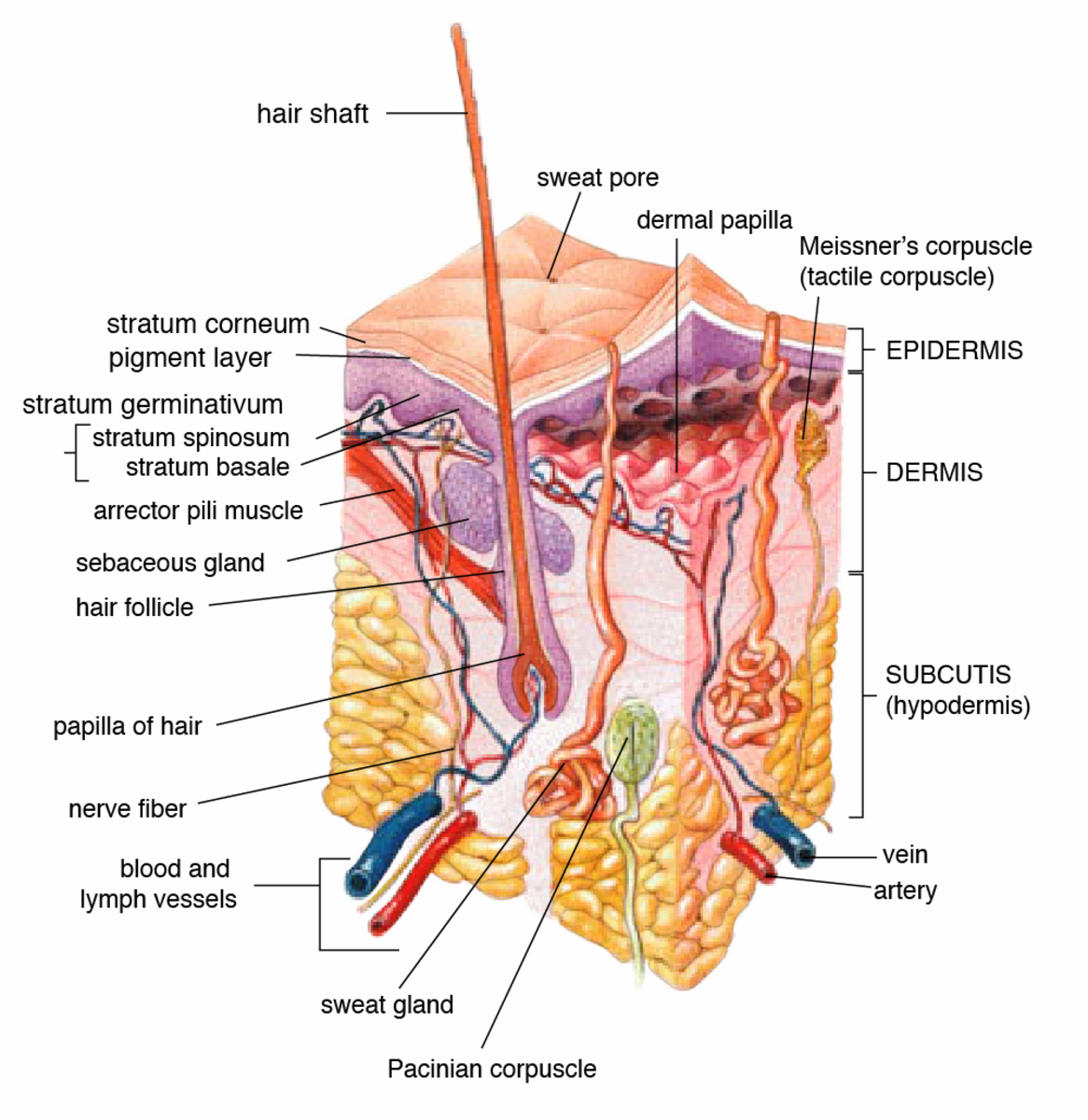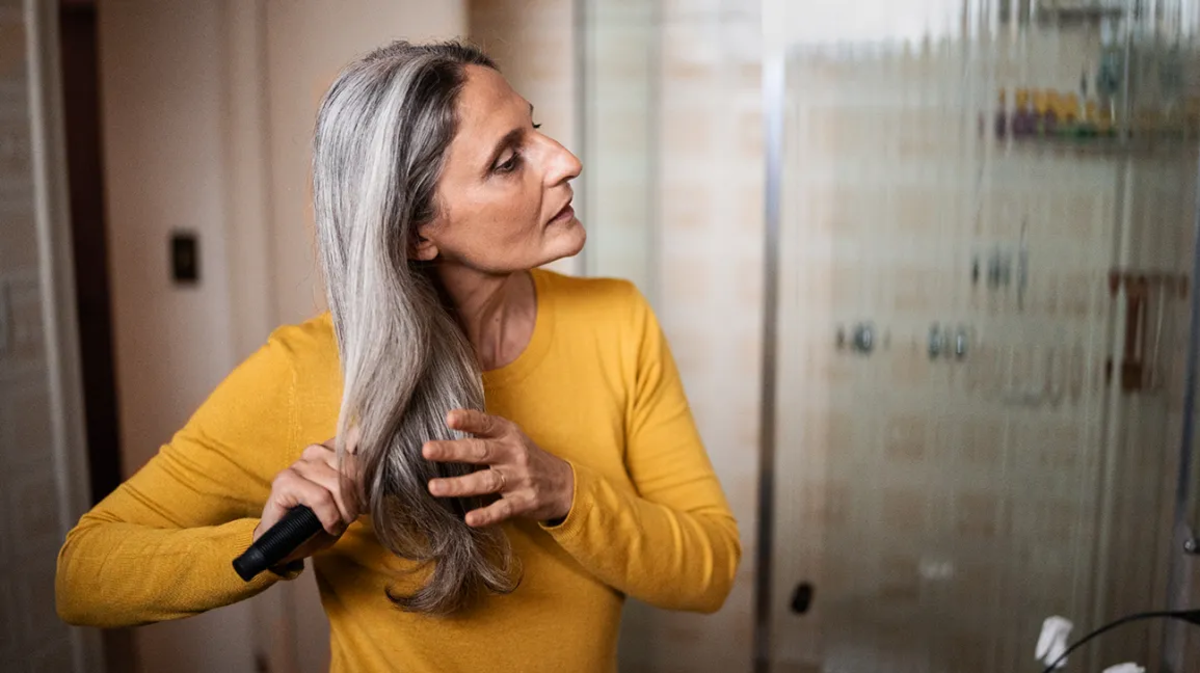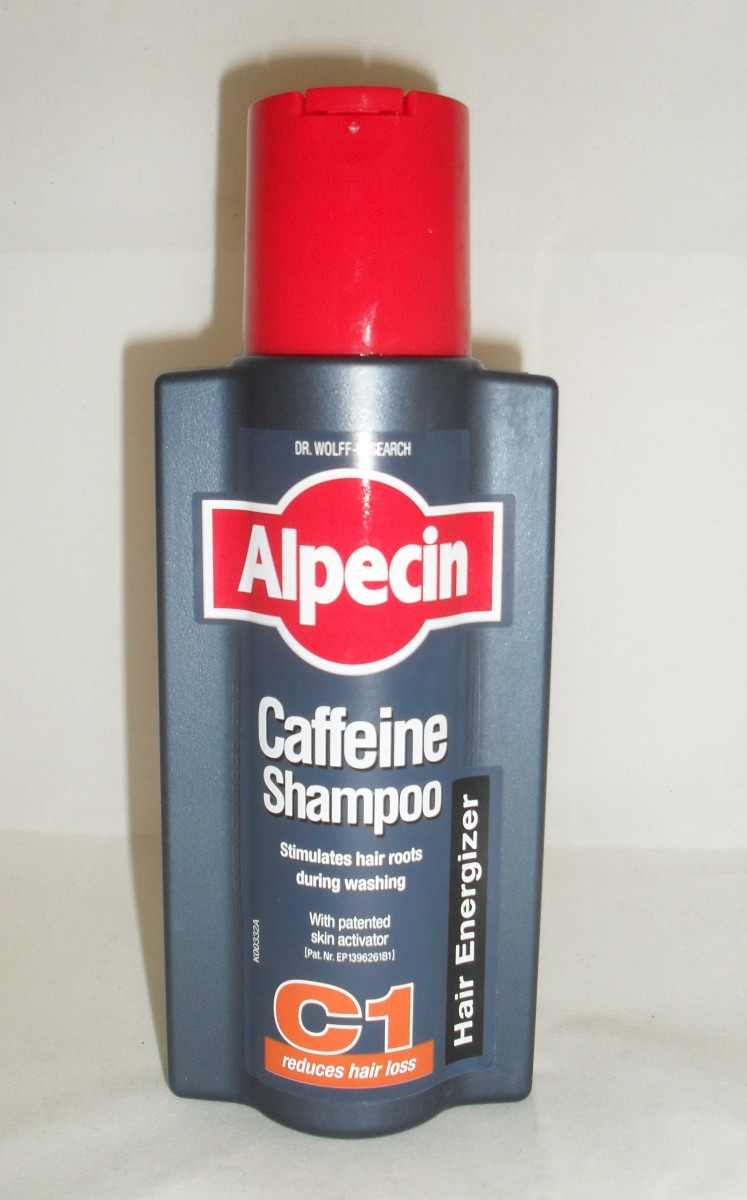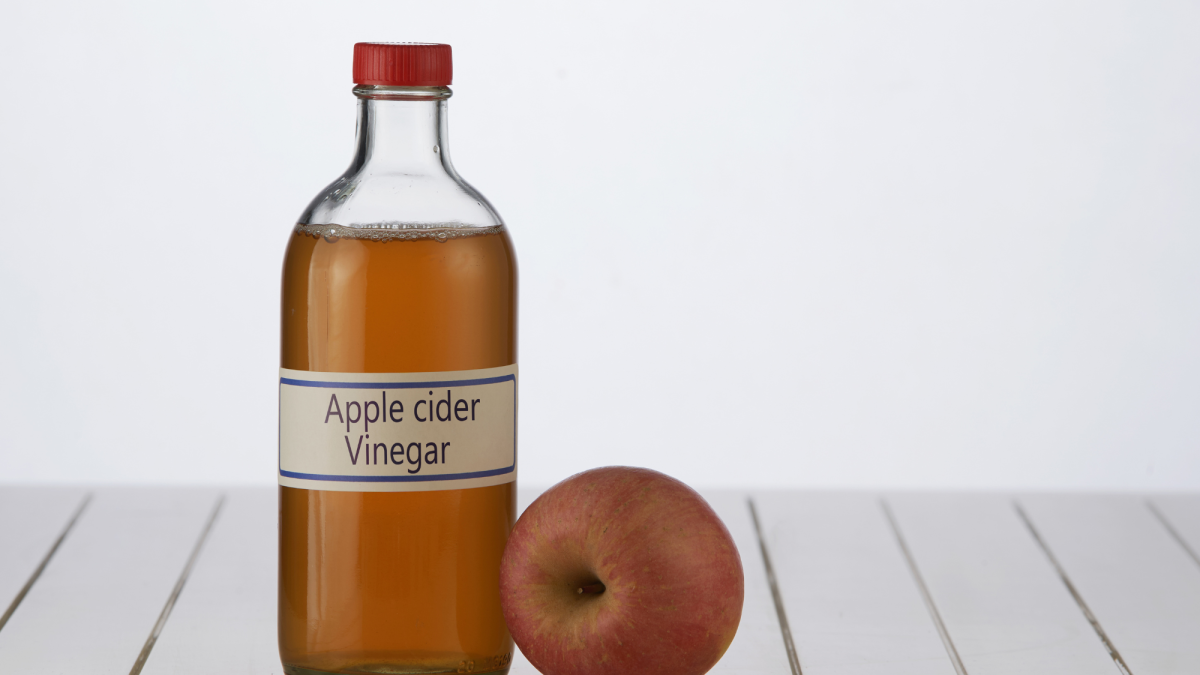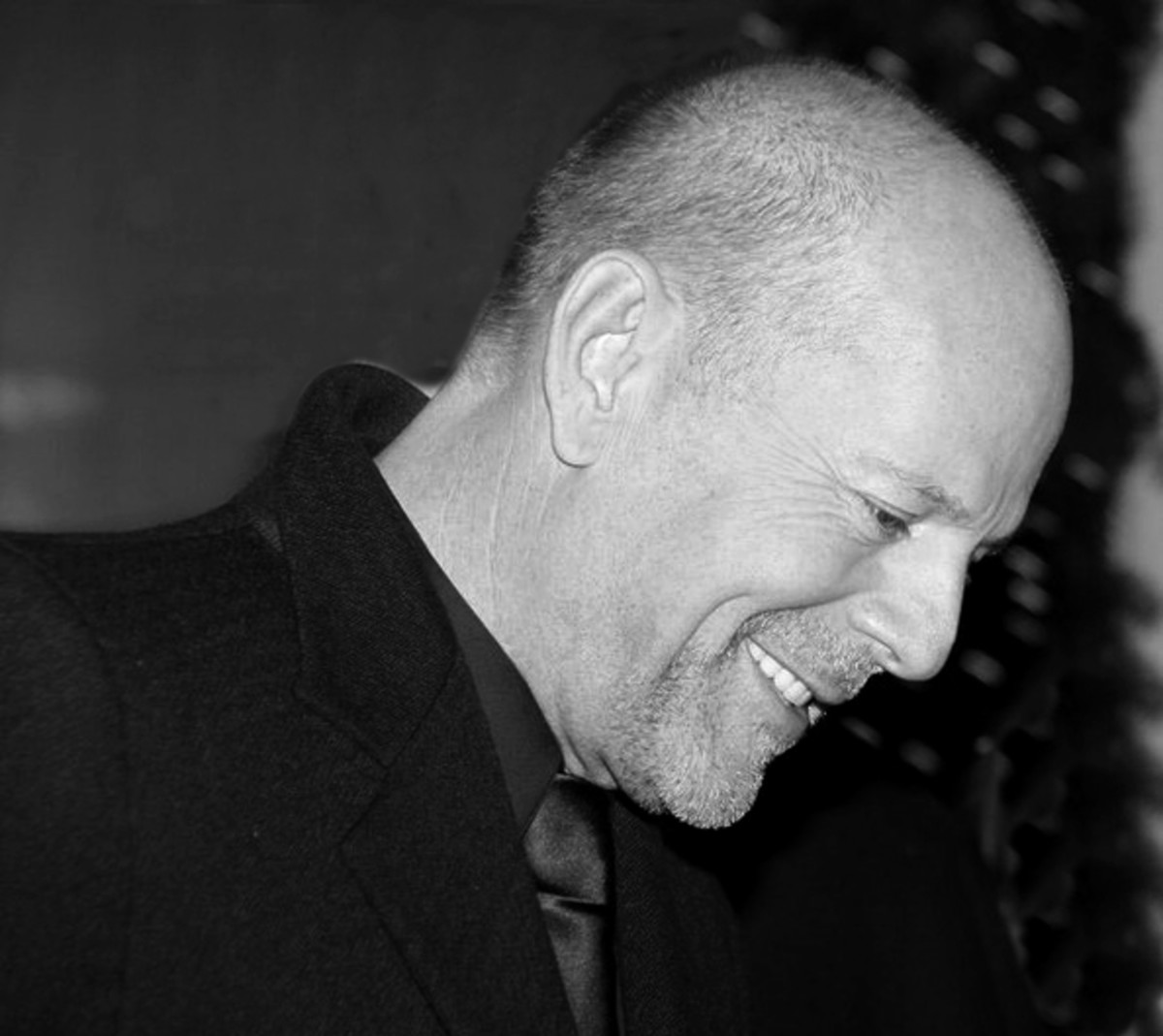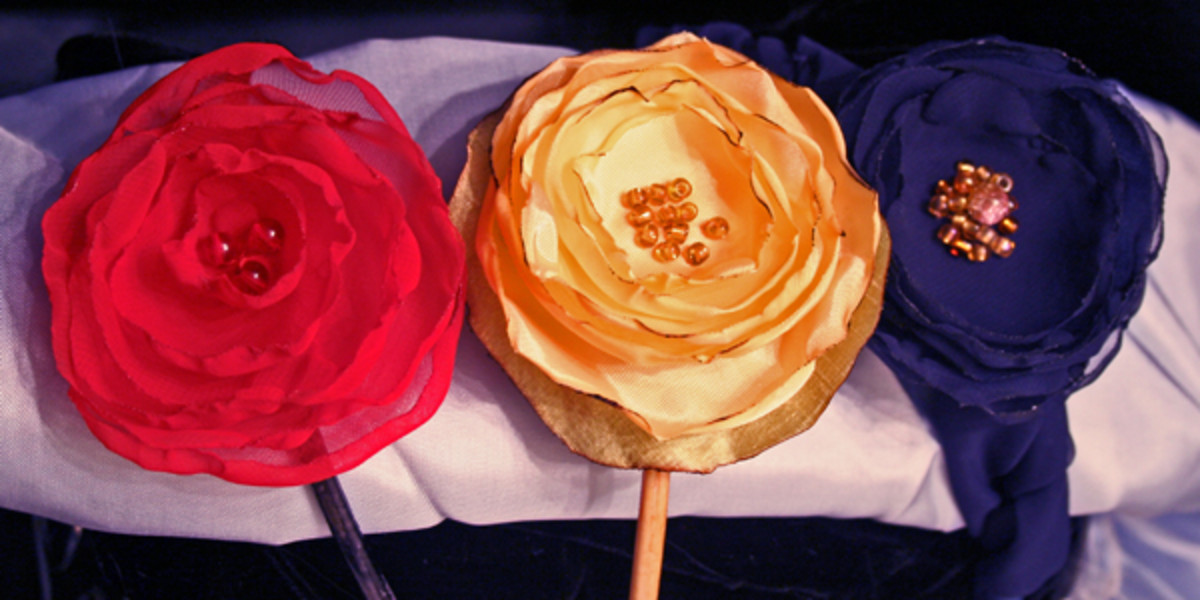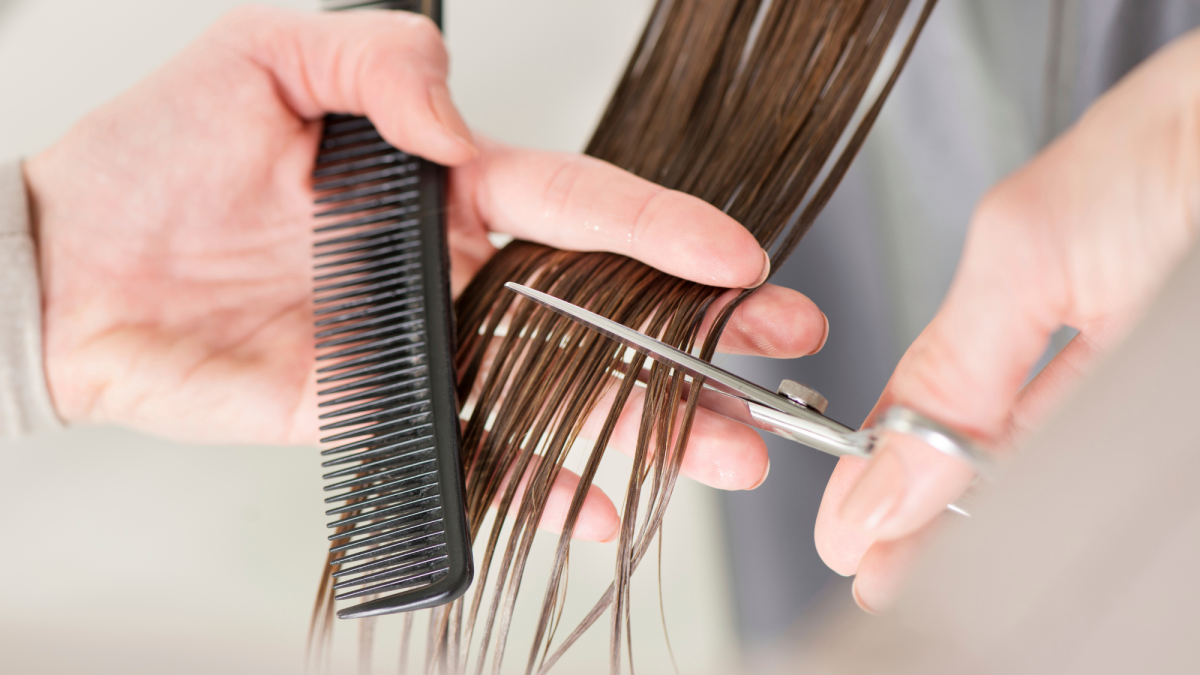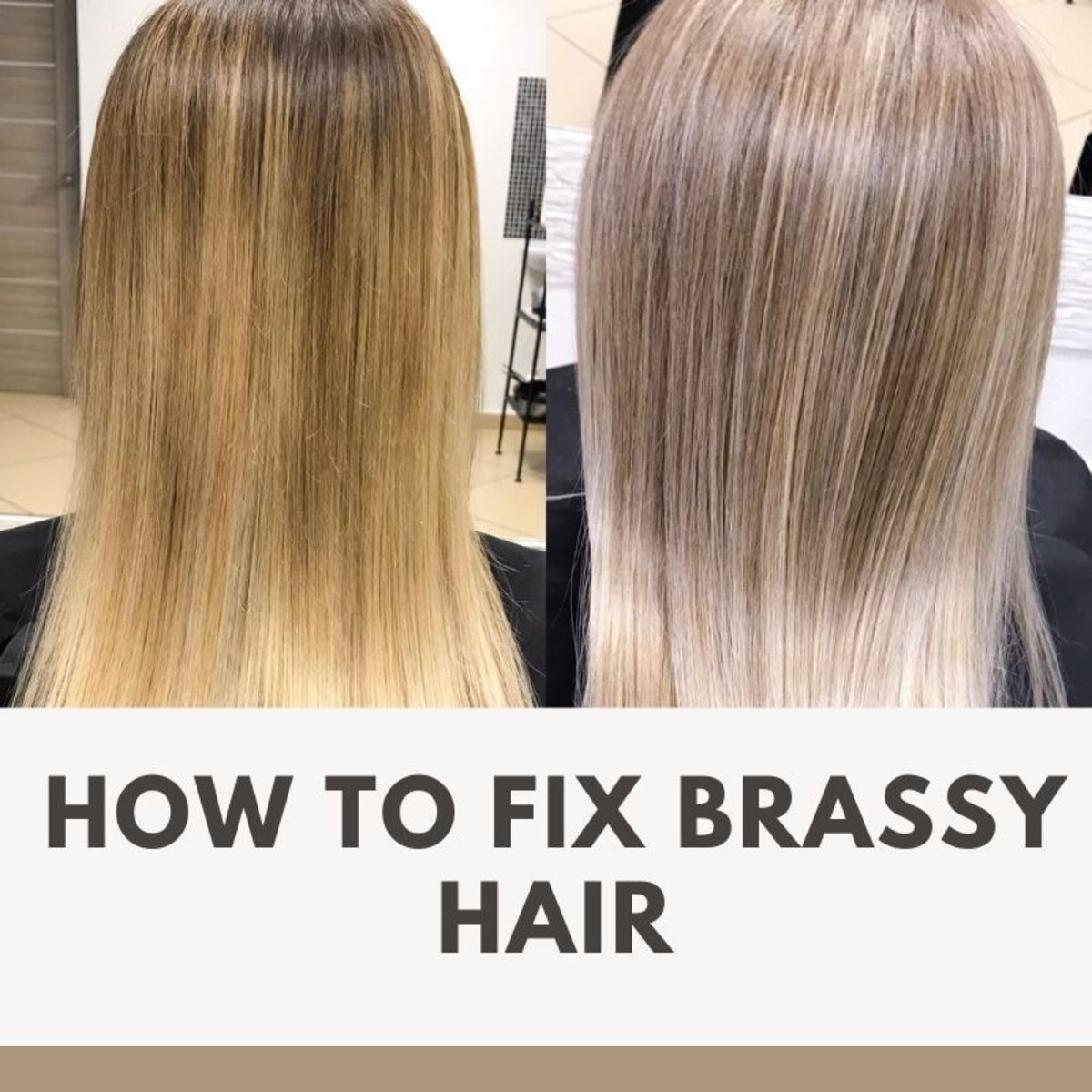Suffering From Thinning Hair- Women Experiencing Hair Loss
Are you a woman suffering from thinning hair? Women experiencing hair loss may feel devastated, helpless, and unattractive. If you do feel this way, you're certainly not alone as 30 million women are suffering from hair loss in America. When you comb or brush out clumps of hair, is this a sign of serious illness? Are you going permanently bald? Can it be stopped? This article will address these three questions and more.
Women with Thinning Hair and the Hair Growth Cycle
In order to treat your thinning hair or hair loss, you should have a basic understanding of your hair growth cycle. Each single hair follicle has its own lifecycle, growing over a period of 3-7 years. Each follicle’s growth cycle occurs in three phases known as the anagen, catagen, and telogen phase. Hair in the active grow state is in the anagen phase. When the hair stops growing, it enters the catagen or transitional phase where the detached hair bulb shrinks and is pushed towards the surfaced when new hair forms. The telogen phase is the resting stage when old hair is shed. This period lasts for roughly three months before hair falls out. At any given time, 80-90% of your hair is in the anagen phase while 10-15% is in the telogen phase.
When excessive amounts of hair falls out (it’s normal to shed 100-150 hairs daily), this is due to a change in the hair growth cycle.

What Causes the Hair Growth Cycle To Change, Leading to Female Thinning Hair?
When increased amounts of hair begin to fall out it is because of one of two reasons: either the anagen phase has been shortened, or more hair follicles are entering into the telogen phase. When a large number of follicles enter the telogen phase at once, this is known as stress alopecia or telogen effluvium. This may occur due to a shock or disruption to the body’s homeostasis, causing stress on the hair follicles. There are many reasons leading to women’s thinning hair including:
Nervous Tension and Stress
Hormonal imbalance
Childbirth
Effects of medications including birth control, blood pressure medicine, and Nonsteroidal Antiinflammatory Drugs (NSAIDs) (aspirin, ibuprofen, and other over the counter medicines)
Change in diet
Malnutriton and dehydration
Iron, vitamin, and mineral deficiency
Hyper and Hypoactive thyroid
Autoimmune diseases such as lupus
Diabetes
Chemotherapy treatments and radiation therapy
Burns
Hair chemicals including dyes, perms, and relaxers
Allergies to chemicals in shampoos/conditioners
Tight ponytails and hair extensions causing traction
Types of Female Hair Loss
Alopecia Areata
This is an autoimmune disease in which the white blood cells attack the hair follicles. Hair loss is characterized by patches of hair falling out. This condition affects about 2% of the population of both men and women. This condition could lead to total loss of hair on the head, as well as the body.
Other Patchy Hair Loss
This is caused by fungal infections such as ringworm.
Traction Alopecia
Caused by stress and tension on the hair follicles. This results from wearing tight ponytails, braids, rollers, and hair extensions.
Stress Alopecia
Caused by shock or change in body system
Hereditary Hair Loss
Hair gets thinner as women age, and hair is lost on the top and sides of the head.
Thinning Hair WomenTreatments
There are several ways to treat thinning hair in women. Because there are so many factors that can contribute to hair loss, it’s best to see a doctor to diagnose the cause before attempting to treat yourself.
Women with telogen effluvium due to birth, illness, or stress will most likely grow back their hair naturally. If your hair loss is due to iron deficiency, supplement your diet with iron. If medication is causing the hair loss, cease use immediately.
Alopecia areata is usually treated with Minoxidil (Rogaine), corticoid steroids that suppess the immune system, anthralin (tar like substance that changes function in affected skin), sulfasalizin (autoimmune medicine), photochemotherpay, and topical sensitizers.
Topical products to thicken hair
Minoxidil
5% (for women) is the only FDA approved ingredients clinically proven
to regrow hair. Rogaine is the most known brand of minoxidil, but there
are other brands such as Provillus and generic brands. Provillus
differs from Rogaine in that it is not only a topical aid, but is also
supplemented by vitamins. These products must be used indefinitely for
continued results.
There are also a number of shampoos and
conditioners that claim to decrease hair loss and thicken the hair.
Nioxin and Nisim are two brands that receive fairly high reviews from
customers.
Hair laser combs have also shown promising results for those experiencing hair thinning in its early stages.
Surgical Hair Restoration
In
some cases, women are able to receive hair transplantation in which
hair grafts is taken from areas of the head with abundant hair growth
and applied to balding areas. Scalp reduction is another procedure in
which the area of the scalp that still has hair is stretched and bald
areas are removed. Flaps of scalp with hair can also be moved around
the head.
Natural Remedies and Supplements
There are some vitamins and herbs
that can help with female thinning hair. Vitamin A is an anti-oxidant
that helps promote sebum on the scalp. B vitamins stimulate circulation
which keeps the hair follicles active, as well as contributing to
melanin (hair pigmentation). Vitamin E is also known to stimulate blood
circulation, keeping the hair follicles active.
Massaging the
scalp is also an effective way to stimulate hair growth. The effect can
be enhanced by using a few drops lavender, peppermint, rosemary, or bay
essential oil in carrier oil (such as sweet almond or sesame oil).
Sulfur is also great for hair growth, so you can also massage your
scalp with garlic or onion juice. Ginger juice is effective as well.
Woman Thinning Hair Video
Hair Loss and Thinning Related Hubs
Hair Transplant Cost- What You Need To Know About Hair Transplant Costs, Procedures, and Financing
Laser Hair Restoration- Can Laser Hair Restoration be a Viable Treatment To Regrow Hair?
Laser Comb - Is the Laser Comb the Next Best Hair Loss Treatment?
Hair Loss Treatment - Hair Loss Treatment Options and Solutions

